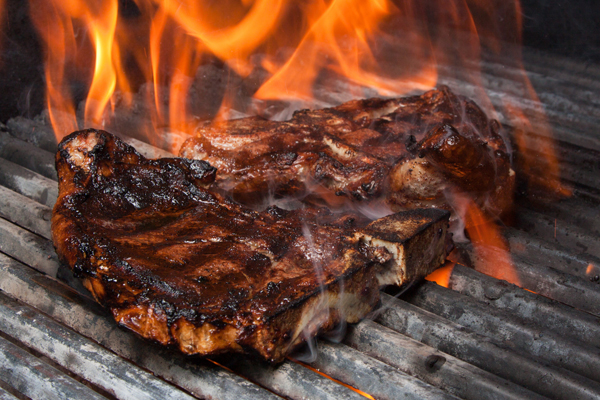Can a more powerful charger in amperage charge a battery faster? Yes and no… Contrary to popular belief, charging a battery with too high an amperage can damage it.

What do a BBQ and a battery charger have in common?
Cooked to perfection!
You love BBQ, but not burnt meat? Think of a steak on the BBQ left on high heat. What happens? The outside burns quickly, but the inside is not cooked.
The same happens when we charge a battery with too much amperage: the battery seems ready to be used (the voltage rises quickly to its maximum). However, the inside is not ready because the necessary energy (the amperage) hasn't had time to be absorbed by the battery. The charger, detecting that the battery appears ready, stops delivering power to avoid overcharging or "burning" the battery. This results in only the surface being charged.
A battery in this state discharges more quickly, gets damaged, and shortens its lifespan. Additionally, by charging with too much amperage, the acid evaporates and the battery plates blacken, leading to premature death…
Time does things well
A slower charge, with less amperage, increases the battery's energy absorption level. As a result, batteries discharge less quickly and last longer. It's important to select the correct amperage on your automatic charger. Generally, 10% of the amp-hour (a/h) of the battery being charged is the right choice.










